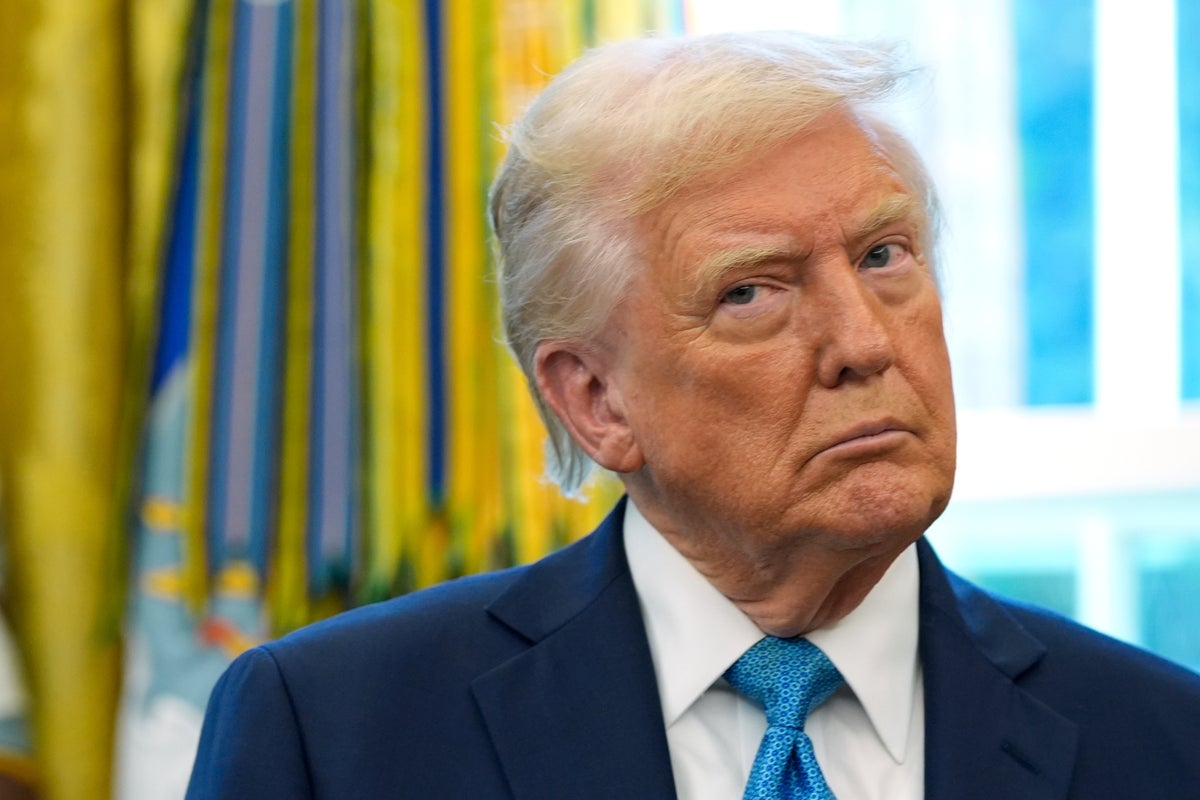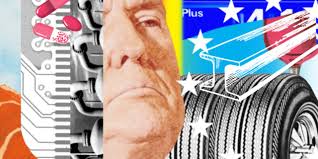The latest updates in the economic and political landscapes have sparked significant movements across markets, legal battles, and international relations. With a focus on the United States and its interactions with China, coupled with internal policy shifts, here's a breakdown of the recent developments:
In response to President Donald Trump's statement that he would not attempt to fire the head of the Federal Reserve, U.S. markets opened with substantial gains. Treasury Secretary Scott Bessent also chimed in, expressing that the ongoing tariffs showdown against China is unsustainable and hinting at a potential de-escalation in the trade war between the two prominent economies. Struggles within the auto industry are apparent, especially in China, as leading automakers showcase models designed for the Chinese market while keeping a watchful eye on Trump’s trade war decisions. Local Chinese manufacturers continue to dominate the market, with companies like BYD surpassing Tesla in EV sales.
The initiative from black churches to support the National Museum of African American History and Culture comes after Trump's executive order raised concerns about historical narratives and exhibits. The legal status of international students in the U.S. has faced challenges, with court battles arising as a result of revoked visas and terminated legal statuses. Simultaneously, publishers are responding to the surging interest in the U.S. Constitution by printing new editions to cater to this renewed curiosity.
Meanwhile, law firms are gearing up to challenge Trump's executive orders that are seen as detrimental to their operations. The profound implications of these orders have prompted legal battles that seek to protect the interests of these firms. On another front, Treasury Secretary Scott Bessent anticipates an easing of tensions in the U.S.-China trade war, providing hope for a resolution in the near future. His comments have had a positive impact on market sentiments, reflecting in a bounce in stock prices post the statement.
In a separate development, U.S. Senator Marco Rubio has unveiled plans for a significant overhaul of the State Department, aiming to slash staff and consolidate bureaus worldwide. The ambitious reorganization has drawn criticism from Democrats, who view it as an attempt to dilute America's global influence. The impact of these proposed changes on the U.S.'s foreign policy landscape remains a point of contention.
Amidst these dynamics, it is clear that geopolitical and economic factors are intricately linked, influencing market behaviors, legal battles, and global relations. The evolving landscape presents challenges and opportunities that will shape the future trajectory of these interconnected spheres. Stay tuned for further updates as these stories continue to unfold.


